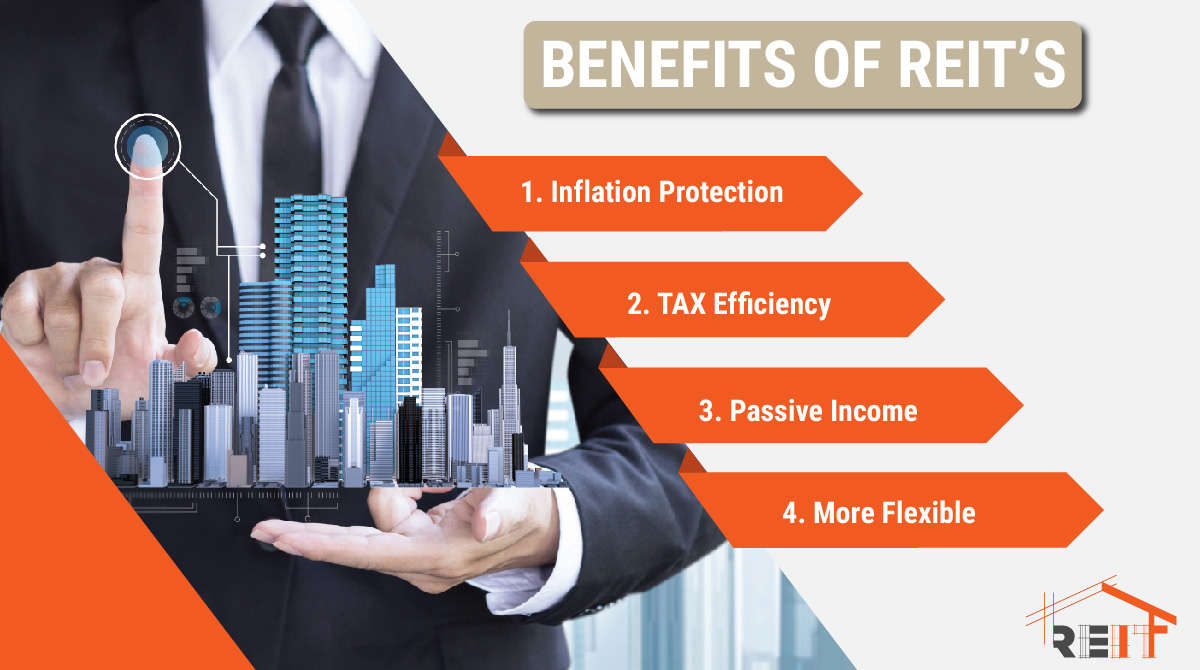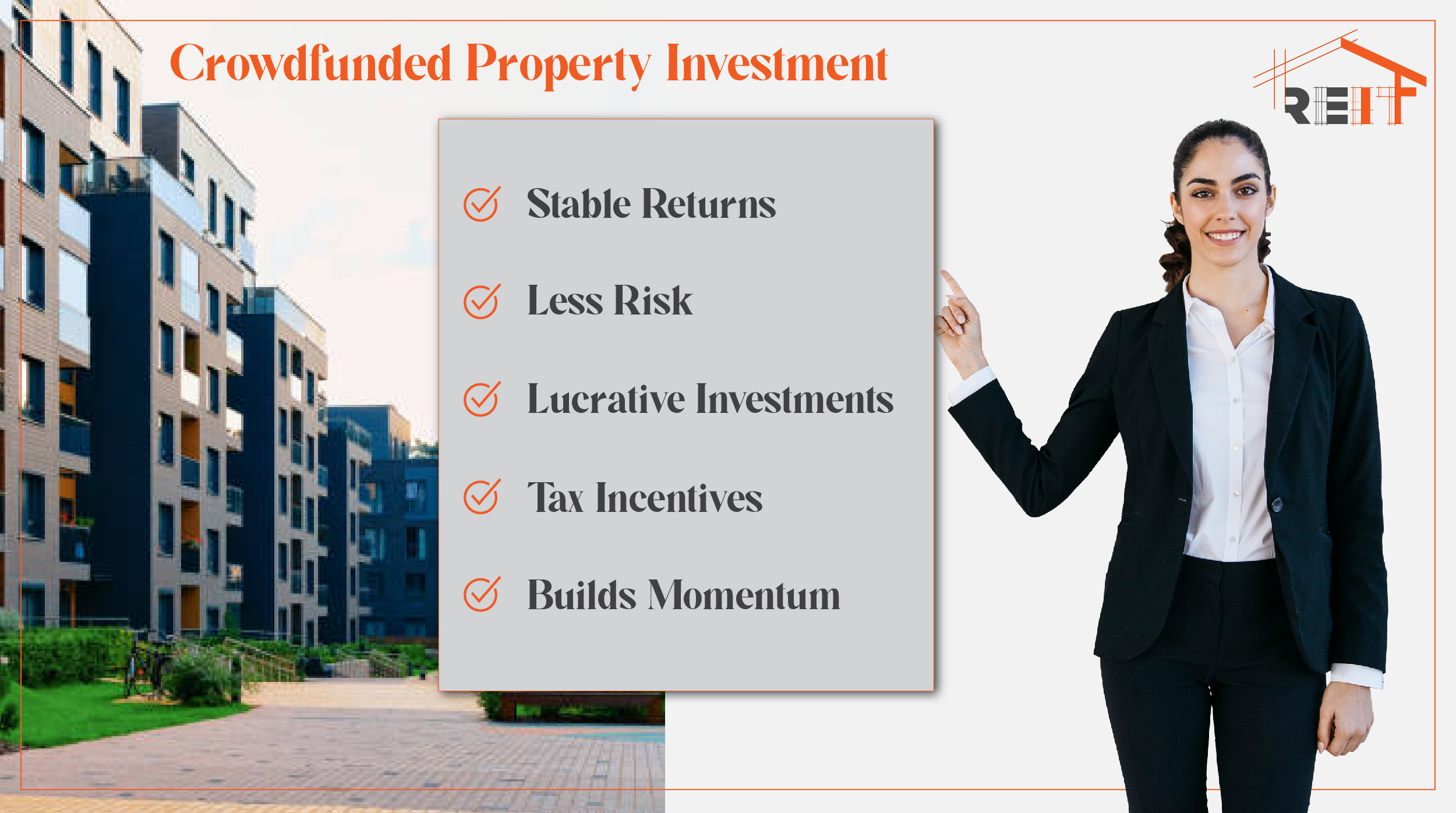Every business owner should be knowledgeable about commercial Property rentals because the choice of location and premises directly impacts operations, brand image, and financial health.
Securing the right rental space can provide a conducive environment for staff and an accessible and appealing venue for clients or customers. Conversely, a poor choice can result in high overheads, loss of clientele, and operational inefficiencies.
Being informed about rental terms, market rates, and property specifics ensures that the business owner can negotiate favorable lease conditions, anticipate future costs, and choose a property that aligns with the company’s growth projections and operational needs.
How to Choose the Right Commercial Properties to Rent?
Choosing the right commercial properties to rent is crucial for any business. Begin by identifying your specific needs in terms of space, facilities, and location. Your budget is paramount; ensure the rental cost aligns with your financial projections.
Location plays a dual role: it should be accessible to clients or customers and offer a conducive environment for employees. Always visit potential sites in person to assess their suitability. Thoroughly review lease terms to avoid hidden costs and restrictive clauses.
However, considering future growth; the space should be adaptable to expanding operations. Engaging a commercial real estate agent can provide insights into market trends and help in negotiations.
At the last, the right rental choice merges operational needs, financial sustainability, and strategic positioning.
According to the National Association of Realtors, the rate for commercial properties and retail properties is the lowest at 4.2%, despite the fact that the pace of rent increase over the previous 12 months is only moderately brisk (3.8%).
7 Benefits of Commercial Properties To Rent
Renting commercial properties offers numerous advantages for businesses, especially for startups, small to medium-sized enterprises, and even larger corporations that prioritize flexibility. Here are some of the primary benefits:
- Flexibility: Renting allows businesses to relocate with relative ease if the need arises, be it due to expansion, market shifts, or other operational considerations.
- Less Capital Commitment: Renting doesn’t require a large down payment like purchasing would. This leaves more capital available for other business ventures and operations.
- Maintenance and Repair: Often, maintenance and major repairs are the responsibility of the landlord, reducing the time, effort, and cost burden on the tenant.
- Tax Deductions: In many jurisdictions, businesses can deduct the cost of rent as a business expense, providing tax benefits.
- No Long-term Commitment: Renting allows businesses to test a location without committing long-term. If the location doesn’t prove optimal for business, relocation is easier.
- Amenities: Some commercial rentals offer shared amenities, like co-working spaces, which can include conference rooms, kitchens, or even reception services.
- Cash Flow Stability: Renting can provide predictable monthly expenses, aiding in budgeting and financial planning.
Why Is Location So Crucial When Commercial Properties to Rent?
Location is paramount when selecting commercial properties to rent because it directly influences accessibility and overall business success. A strategic location ensures easy access for both employees and clients, optimizing operational efficiency and customer experience.
Proximity to suppliers, collaborators, and complementary businesses can enhance supply chain efficiency and partnership opportunities. Moreover, a prime location enhances brand visibility and perception, attracting more foot traffic or creating a prestigious association.
Additionally, the surrounding infrastructure, public transport links, and local amenities can impact staff retention and overall operational costs. The location of a commercial property can either amplify business opportunities or pose logistical challenges, making it a pivotal consideration in the rental decision.
In addition to robust rent increases, the rental rate for industrial buildings is 4.3%, one of the lowest for commercial property.
Why Your Business Should Consider Commercial Properties to Rent?
Commercial properties to rent for your business can provide numerous advantages that can support both startup ventures and established entities. Here’s why your business should consider commercial property rentals:
- Flexibility for Growth: Renting allows businesses to easily upgrade or downsize based on growth. If your business outgrows its current space or needs to scale down, transitioning to a new rental can be smoother than selling and buying property.
- Lower Upfront Costs: Compared to purchasing, renting doesn’t necessitate a hefty down payment. This liquidity can be invested in other business operations or expansion endeavors.
- Location Benefits: Businesses can afford to rent in prime locations where buying might be prohibitive. Being in a strategic location can boost visibility, customer accessibility, and even employee morale.
- Less Maintenance Hassle: Often, landlords handle major maintenance and repairs, reducing operational headaches for business tenants.
- Tax Benefits: Rental expenses can often be deducted as business expenses, potentially reducing taxable income.
- Risk Management: Renting can shield businesses from property market volatility. If property values drop, renters aren’t directly affected, and they aren’t saddled with a devaluing asset.
- Quick Relocation: If there’s a sudden need to move due to market shifts, changing clientele, or other factors, businesses that rent can relocate more rapidly than those that own.
What Amenities Should You Prioritize in Commercial Properties to Rent?
When considering commercial properties to rent, prioritizing the right amenities can greatly influence daily operations and long-term success. Essential amenities include ample parking spaces for employees and clients, ensuring convenience and accessibility.
Modern technological infrastructure, such as high-speed internet and advanced security systems, supports efficient operations and safeguards assets. Proximity to public transportation can be pivotal for staff commute and customer access.
Additionally, eco-friendly features, such as energy-efficient systems and green spaces, can align with corporate sustainability goals. Shared spaces like conference rooms and lounges can foster collaboration, while on-site facilities like cafes or fitness centers enhance employee satisfaction.
Ultimately, the amenities chosen should reflect the business’s nature, its employees’ needs, and the expectations of its clientele.
Conclusion
Commercial properties to rent stand as a strategic decision that offers businesses flexibility, financial advantages, and the opportunity to position themselves in prime locations without the hefty financial commitment of outright purchase.
While amenities play a crucial role in ensuring operations run smoothly and employees remain productive, it’s the overarching considerations of location, cost, and lease terms that often carry the most weight in the decision-making process.
Each business must carefully assess its needs, and financial capability to determine whether renting is the most advantageous move. The ability to adapt and relocate can be invaluable, and renting commercial property often provides the agility needed to navigate these changes.
FAQs
How is the rent for commercial properties usually determined?
Rent is often based on a price per square foot or meter, and factors influencing this price can include location, property condition, local demand, amenities, and the terms of the lease.
Are there legal protections for commercial properties to rent to renters?
While laws vary by jurisdiction, commercial renters generally have fewer legal protections than residential renters. It’s vital to understand your rights and responsibilities in your specific region and to have the lease reviewed by a legal professional.
How can I determine the right size property for my business?
Analyze your current space usage, consider future growth, and factor in aspects like storage needs, employee workspace requirements, and customer-facing areas.
Can I negotiate my commercial lease terms?
Absolutely. Unlike many residential leases, commercial lease terms, including rent amounts, are often negotiable. It’s advisable to engage a commercial real estate expert or attorney during negotiations.











